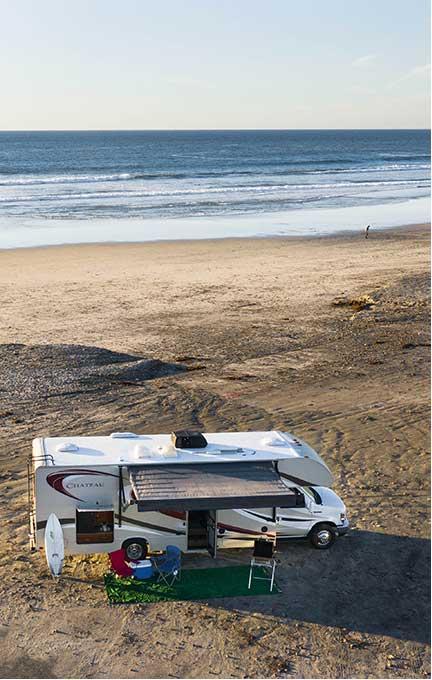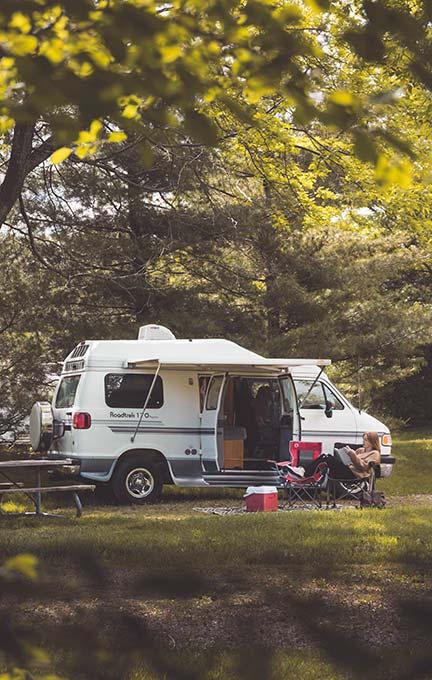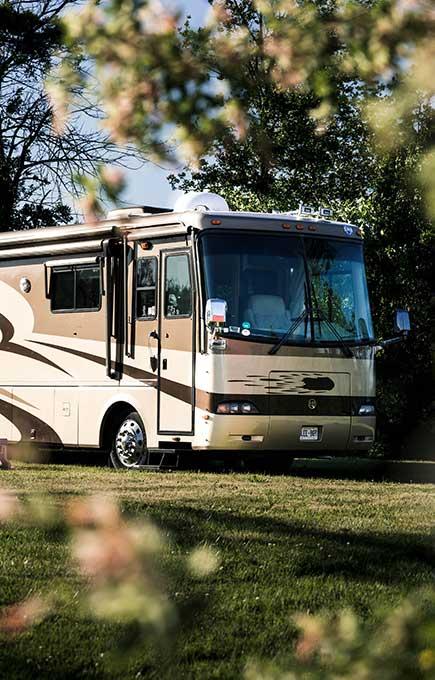This past summer, I went on an epic road trip from Alaska to Colorado. It has always been a dream of mine to visit all U.S. national parks, and this trip would be a great way to cross a few off the list. So, after some research, I planned the route, which included Denali, Wrangell St. Elias, Northern Cascades, Mt. Rainier, Grand Tetons, and Yellowstone. With some of these parks having entrance fees of $20+, I quickly realized an annual park pass would be a great investment.
If you’re going on a national park adventure, you may be wondering whether or not the annual pass is for you. In this article, we’ll answer questions like:
- What is an annual park pass?
- How do you use an annual park pass?
- Do any parks require the pass?
- Is the annual pass worth it?
Let’s dive in!

What is an annual park pass?
You’ll hear the pass go by several names, but the full name for it is the “America the Beautiful — National Parks & Federal Recreational Lands Annual Pass.” It’s a mouthful, so we’ll just be calling it the annual park pass.
There are several different types of annual passes, including:
- The standard annual pass
- The senior annual pass
- The lifetime senior pass
- The access pass for those with permanent disabilities
Each of these passes give you access to more than 2,000 recreational areas managed by six federal agencies. The standard annual pass is available to everyone who is 16 years old or older. Senior passes can be purchased by U.S. citizens or permanent residents aged 62 or older. In order to purchase an access pass, you must provide documentation that proves permanent disability.
The standard annual pass costs $80 and lasts one year from the time of purchase. What’s even better is that the card can be split between two people. This means as long as one person in the car’s name is on the park pass, the pass is valid for the car, as well as up to three additional adults 16 years or older.
The senior annual pass costs just $20 for folks over 62, or, for just $80, those 62 years old or older can purchase a lifetime senior pass to enjoy the parks for the rest of one’s life.
Keep in mind that the pass will not cover two cars, even if the two people sharing the card are in different vehicles. Passes are non-refundable and cannot be replaced if stolen or lost.
How do you use an annual park pass?
From my personal experience, how you use the annual pass varies from park to park. Some parks had payment machines at the entrance where you could either pay or keep driving if you had a pass. It did not require you to display the pass. At others, the attendant at the gate would either just look at the card, while some wanted to see ID from one of us.
Where can I use the annual park pass?
An annual park pass opens up a whole new world of adventure. As we mentioned before, the annual park pass gives you more than just access to national parks. It also covers day-use fees at sites managed by:
- Bureau of Land Management
- Bureau of Reclamation
- Fish and Wildlife Service
- USDA Forest Service
- US Army Corps of Engineers
The pass does not grant you entrance to state parks. However, most state parks have their own annual pass programs.
The parks during this road trip that required a fee included Denali, Mt. Rainier, Grand Tetons, and Yellowstone. Since then, we’ve also used our pass at Great Sand Dunes, Arches, Canyonlands, Maroon Bells, Black Canyon, and Colorado National Monument.
We were able to enter all of these parks for free with our parks pass.
Keep in mind that no park requires the pass. Those who do not have a pass can simply pay the park entrance fee— and not every park has an entrance fee. Here is a list of all the current fees for lands operated by the national park service.

Is the annual park pass worth it?
With the current pay structure and the fact that I recently completed a long road trip, it has definitely been worth it to me. Since purchasing the pass, I would have paid $138 dollars in entrance fees. In the 6 months that I have owned the pass, I have saved approximately $58.
Should you buy an annual park pass?
If you plan to visit multiple parks and/or federal lands within a year, you will most likely make your return on investment. If you only have time to visit one or two and don’t plan to spend more than $80 on entrance fees, it might not be worth it. It depends on your current situation.
However, the convenience factor is also something to consider. Not having to scramble for cash or take the time to process a credit card at the gate is a real time saver.
Plus, buying an annual pass sends a bit extra to our national park system – helping to keep it maintained for future generations.
The bottom line
However you choose to pay, it is always rewarding to support our National Parks. Tons of money goes into maintaining trails, providing education, and producing these precious and important lands that we all live in and enjoy, especially us folks on the road! Even if you purchase the pass and don’t get your money’s worth, you’ll rest easy knowing that your dollars went to a good cause.








